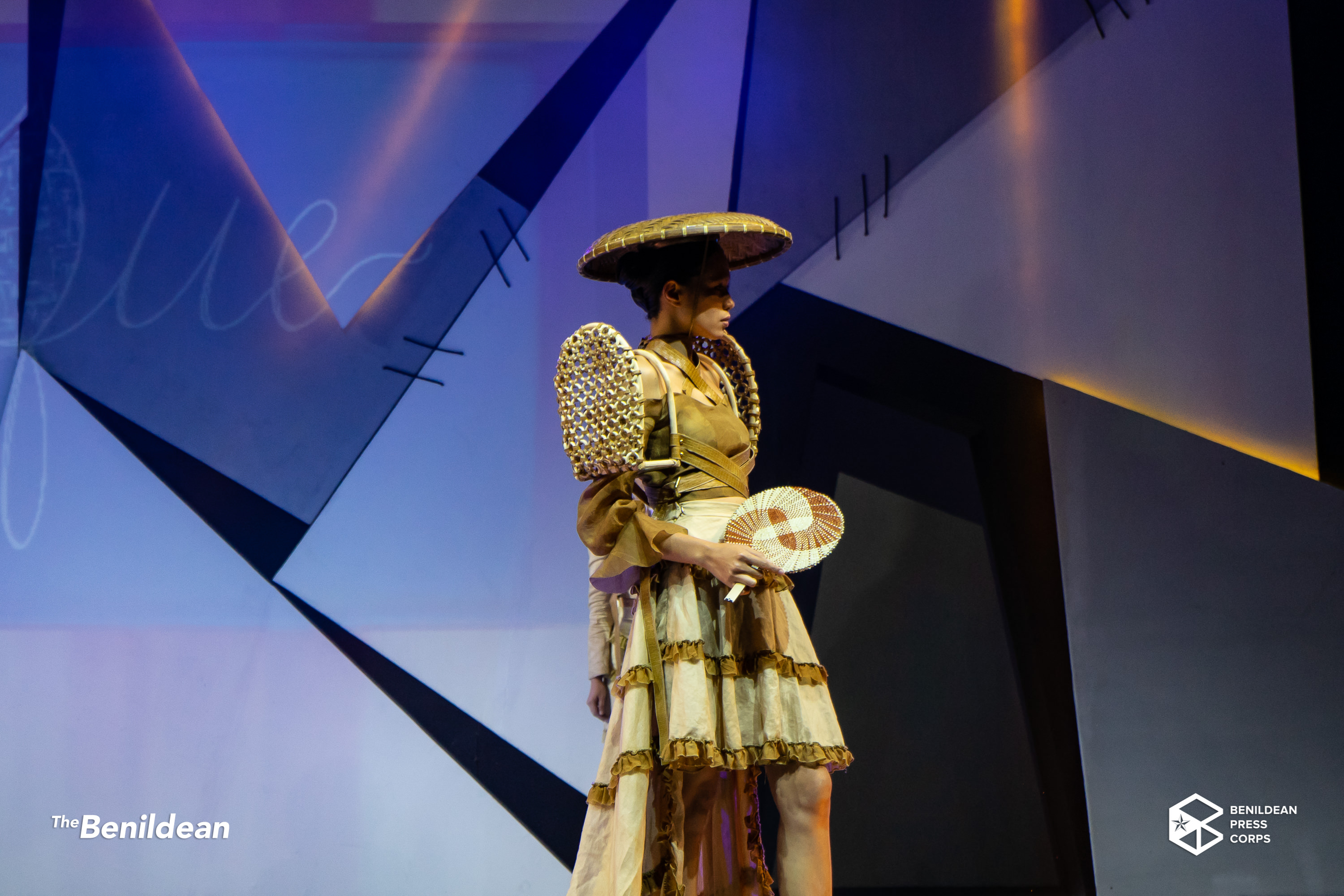The College’s Fashion Design and Merchandising (FDM) program joined the Philippine Textile Research Institute of the Department of Science and Technology (DOST-PTRI) as academe partner and research arm to come up with a prototype sizing system fit for Filipino built.
DOST-PTRI, together with De La Salle-College of Saint Benilde (DLS-CSB), introduced the grant-in-aid project called “Perfect Fit” which aims to produce a Philippine standard sizing system using a 3D Body Scanning System, which is made through a computer-aided design (CAD) and computer-aided manufacturing software.
In an article by Business World, DOST International Cooperation Assistant Secretary Dr. Leah Buendia said, “This will lead to a generation of accurate measurements and the ability to optimize pattern layout [that] will result [in] more efficient textile product development, material utilization and human resources input.”
Moreover, DLS-CSB FDM Chairperson Christine Benet explained the impact of the project in the Philippine fashion industry, emphasizing two kinds of product development: customized and ready-to-wear (RTW).
“The first includes designer pieces which are easier to control because of individualized measurements. […] In the Philippines, we have limited mannequins and dress forms. We rely on products made in China,” Benet said in the Business World article. On the other hand, the RTWs, follow the standard sizing of international brands which sometimes does not fit the Filipino size, “In fact, there are questions being raised now: How come we don’t have our own sizing system?”
According to Benet, CAD, which is being utilized in the international scene, is also being taught to FDM students of Benilde aside from the traditional way of manually taking and creating measurements and patterns.
Meanwhile in an online interview with The Benildean, FDM graduating student Francesca Federizon shared her thoughts regarding this partnership, saying “[DLS-CSB] is a school known for its world-class fashion curriculum that applies advanced technology. This partnership and collaboration between PTRI and CSB’s FDM program is a great opportunity to expound both parties’ knowledge regarding Fashion and Technology, and its application to the Filipino community.”
“However, although our students are trained, the local scene is not yet ready for such innovation,” Benet noted. “This existing cooperation with DOST-PTRI allowed us to create awareness within the industry and the public that it is possible to do everything in a certain way wherein we are blending sustainability and technology,” she said.
The collaboration between DOST-PTRI and Benilde is a step closer into innovating the local textile industry. The research aims to address the needs of the society, “We have over 100 million Filipinos and we are not even dressing 10% of our own people; we are missing out on that industrial capability to move the economy,” DOST-PTRI Director Celia Elumba said in the Business World report.
“Being an FDM student in [DLS-CSB], we learned traditional workmanship in making patterns, draping, and constructing clothing. This partnership will definitely change the game. The lower batches are lucky to be involved in this endeavour because the body-scanning technology will help make specs and patterns easier and more accurate. They will be immersed in this kind of technology that upper batches have just only witnessed,” Federizon added.
According to Elumba, the Philippines will be the first nation in ASEAN that has this kind of system which is more accurate compared to other countries.
The first 3D Body Scanning System will be launched at Sinulid: Epilogue, the third and last installment of FDM’s culminating exhibit, on October 8 to 10 at the SM Mega Fashion Hall in Ortigas Center, Mandaluyong City.


